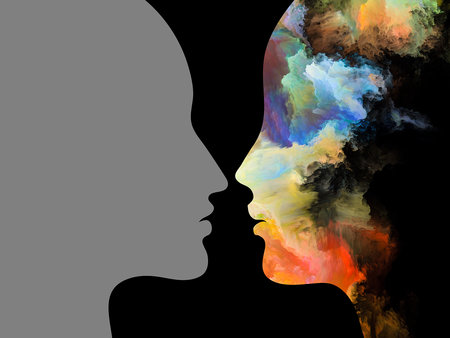
Addiction is a somewhat unique disease because of the fact that it affects both the mind and body of an addict. When a person is addicted to drugs or alcohol, their body is highly affected as virtually all of their major organs feel the effect of drugs or alcohol on them. Addiction also takes a huge toll on an addict’s mind.
When a person is addicted to a substance, their brain’s reward receptors are impacted and become so used to receiving the substance that brings them pleasure that the brain’s synapses are actually transformed and cause the brain to be singularly focused on finding and using more drugs. For this and many other reasons, a person’s psyche is truly transformed when they enter a treatment program.
Treatment And Detox
The first step in achieving a transformation in treatment is for an addict to go through the process of detoxing. Detox is a crucial step because it is the phase during which a recovering addict allows the drugs and alcohol to leave their body. Detox may be a very difficult process because of the fact that it is such a transformational time for both the body and mind. During detox, the mind must undergo the process of withdrawing from drugs or alcohol and transforming to a place where it is no longer dependent on drugs or alcohol.
Often, when the brain does not receive the substance it is addicted to, it will fire off signals to create withdrawal symptoms, which can include things like nausea, headaches, hallucinations, and tremors. In treatment, a recovering addict will have access to the professional help they need to get through withdrawing successfully. Once they have done this, they will have transformed their brains to the point that they will no longer be chemically dependent on the substance they are addicted to.
Identifying and Addressing Triggers
When a person is addicted to drugs and alcohol, there are often a number of factors that drive them to use. These factors are often referred to as triggers and may include a wide variety of people, places, or events. It is very common for an addict to feel the urge to use when they are in the company of certain people or when the experience certain emotions.
In this way, an addict’s psyche has been built to revolve around using as well as to turn to drugs or alcohol as a solution for anger, sadness, boredom, nervousness. In treatment, a recovering addict works with a team of professionals who helps them not only identify triggers as they arise but also to find ways of addressing triggers without drugs or alcohol. The idea is that with a client-centered treatment philosophy, identifying and addressing triggers becomes a much more personal process.
Recovery Brings About Hope and Change
The road to recovery is a challenging one, but the total transformation that occurs in treatment brings about a lifetime of hope and a renewed sense of purpose for many addicts. With the right treatment program, it is truly possible for any addict to change the way they think and view the world. The idea of employing a change of perception does not come easily to one who is steeped in their addictive behavior. It is definitely going to be a road that requires some determination and an ultimate willingness to change.
Finding the willingness to change will be the catalyst for getting clean and sober, and by applying oneself it can ultimately lead to a change of perception. When one is struggling with addiction it is tough to see the big picture, and when you enter treatment you are blessed with the opportunity to give sobriety a chance. Treatment is an opportunity to change your life, and one gets out of it what they decide to put into it.